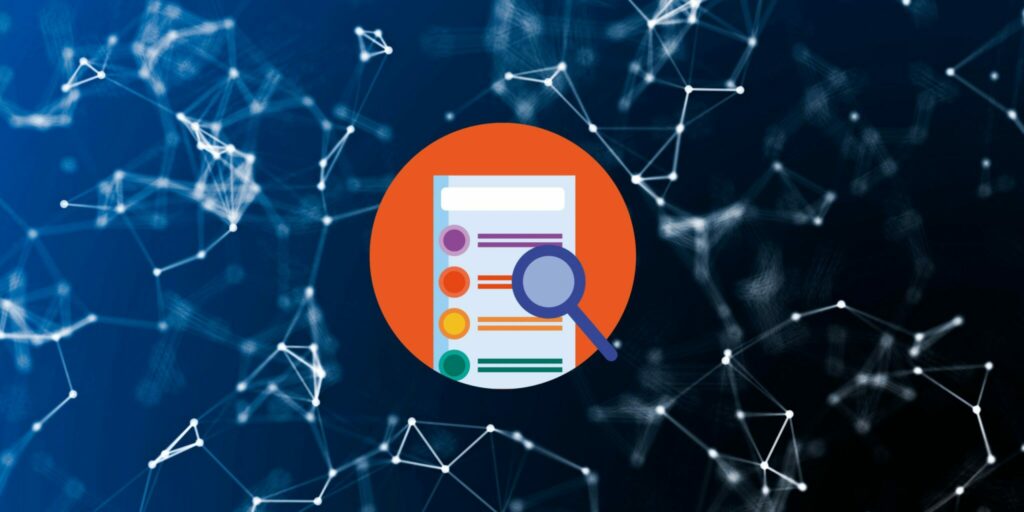Almost everything we do in our lives leaves a digital footprint. From the songs we listen to on Spotify, the items we add to our Amazon shopping carts, and the Google searches we conduct throughout the day, we constantly generate data. This tremendous pool of data is web data. Web data represents a massive opportunity for businesses to gain unique insights into their customers and competitors. This article serves as a beginner’s guide to web data, outlining everything you need to know in order to begin.
What is web data?
Web data describes the large volume of data generated online by individuals, businesses, and other organizations. This data can come in many different forms, including text, images, audio, and video. You can collect and analyze web data to gain insights into customer behavior, competitor activity, and other aspects of the business landscape.
Why is web data important?
Web data is crucial because it can provide businesses with unique insights into their customers and competitors. By analyzing web data, companies can learn what types of products or services interest their customers, what marketing tactics are most effective, and how they compare to their competitors in terms of pricing and product offerings. Additionally, you can use web data to improve website performance, target advertising campaigns, and make other strategic decisions.
Types of data
Let’s classify web data into three categories:
Structured data
Structured data is usually in a table or spreadsheet–to give it structure. It is easy to extract information from structured data, and you can analyze it using software programs.
One of the advantages of using structured data is that computers can process it. This makes it possible for search engines to index and display it on their results pages. In addition, it is possible to use structured data to create rich snippets, which are snippets of the information that display on the search engine results pages.
Unstructured data
Unstructured data doesn’t have any particular structure. It is difficult to extract information from unstructured data and you can’t readily analyze it. Unstructured data is becoming an increasingly important part of our lives. 80% of the world’s data is unstructured. This data can come from various sources, such as text documents, social media posts, emails, and audio and video files.
The main challenge with unstructured data is difficult to extract information from it. To analyze it, you must organize it into a specific format. You can do this using software programs, but it is time-consuming and labor-intensive.
Another challenge with unstructured data is that it can be challenging to find specific information. Without a pre-determined schema, it can be tough to determine where to start looking for specific data.
Semi-structured data
This is data that is somewhere between structured and unstructured data. Semi-structured data is data that is not as neatly organized as structured data but is still easier to work with than unstructured data.
One of the benefits of semi-structured data is that you can easily convert it into other formats. This makes it a valuable asset for businesses that want to keep their data organized and need the flexibility to change it into a different format if necessary.
Gathering web data.
Organizations are collecting more data than ever before to help them make better decisions, and the web is a vital source of this data. However, extracting data from the web can be difficult and time-consuming. Automated tools and services can help, but it’s also essential to understand the web and how it works.
The first step in gathering web data is identifying the most likely sources to contain the information you need. This involves using search engines, directories, and other online resources. Once identified the sources, you need to find the data you’re looking for and extract it. This involves using web scraping tools and techniques.
It’s also important to be aware of gathering web data’s legal and ethical implications. It’s important to respect individuals’ and organizations’ privacy and ensure that your data gathering activities are lawful.
Web scraping tools and techniques
There are several web scraping tools and techniques you can use to extract data from websites. Some of the most common methods include using browser extensions, Python or Ruby scripts, or online web scraping services.

Browser extensions
One of the easiest ways to extract data from a website is to use a browser extension. Many browser extensions are available for web scraping, including:
- The Web Scraper extension for Chrome and Firefox automatically extracts data from websites.
- The Data Extractor plugin for Chrome extracts data from tables and lists on websites.
- The Data Scraper extension for Firefox extracts data from websites in XML or JSON format.
Python and Ruby scripts
Another common method for extracting data from websites is Python or Ruby scripts. You can use these scripts to scrape websites and extract the needed data. There are many libraries and modules for web scraping with Python and Ruby, including:
- The Beautiful Soup library for Python to parse HTML and XML documents.
- The Mechanize library for Ruby to navigate websites and extract data.
Online web scraping services
Finally, another option for extracting data from websites is web scraping services. Online web scraping services are a great way to get the data you need without worrying about the technical details. These services allow you to specify the website or websites that you want data from, and the service will take care of extracting the data for you. This can be a great option if you need data from many websites or if the website you want data from is difficult to access or extract data from using other methods.
There are many online web scraping services available, and they all offer different features and pricing plans. It’s essential to choose a service that fits your specific needs.
Here are a few popular online web scraping services:
1) Import.io: Import.io is a web scraping service that allows you to extract data from websites and turn it into a format that you can use in your own applications. Import.io offers a free plan and a paid plan that starts at $149/month.
2) ParseHub: ParseHub is a web scraping service that allows you to scrape data from websites and turn it into JSON, CSV, or Excel format. ParseHub offers a free plan and paid plans that start at $39/month.
3) Zyte: Formerly Scrapinghub, Zyte is a web scraping service that allows you to scrape data from websites and turn it into JSON, CSV, or Excel format. They offer a free plan and paid plans that start at $49/month.
Web scraping with residential proxies.
There are several ways to scrape the web, but using residential proxies is often the most efficient. You can ensure that your IP address is not blocked by the website you’re scraping by using residential proxies. This is because websites often blacklist commercial IP addresses due to their history of abuse.
Residential proxies are also much more challenging to detect than commercial proxies. This is because they originate from real-life IP addresses rather than data centers. As a result, websites are less likely to block or throttle traffic from residential proxies.
Tired of being blocked and banned?
Get the free guide that will show you exactly how to use proxies to avoid blocks, bans, and captchas in your business.
Send Me The Free Guide Now!



